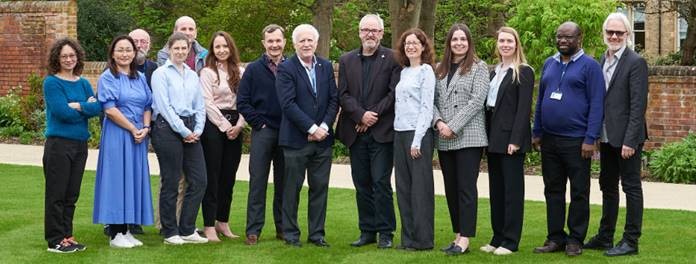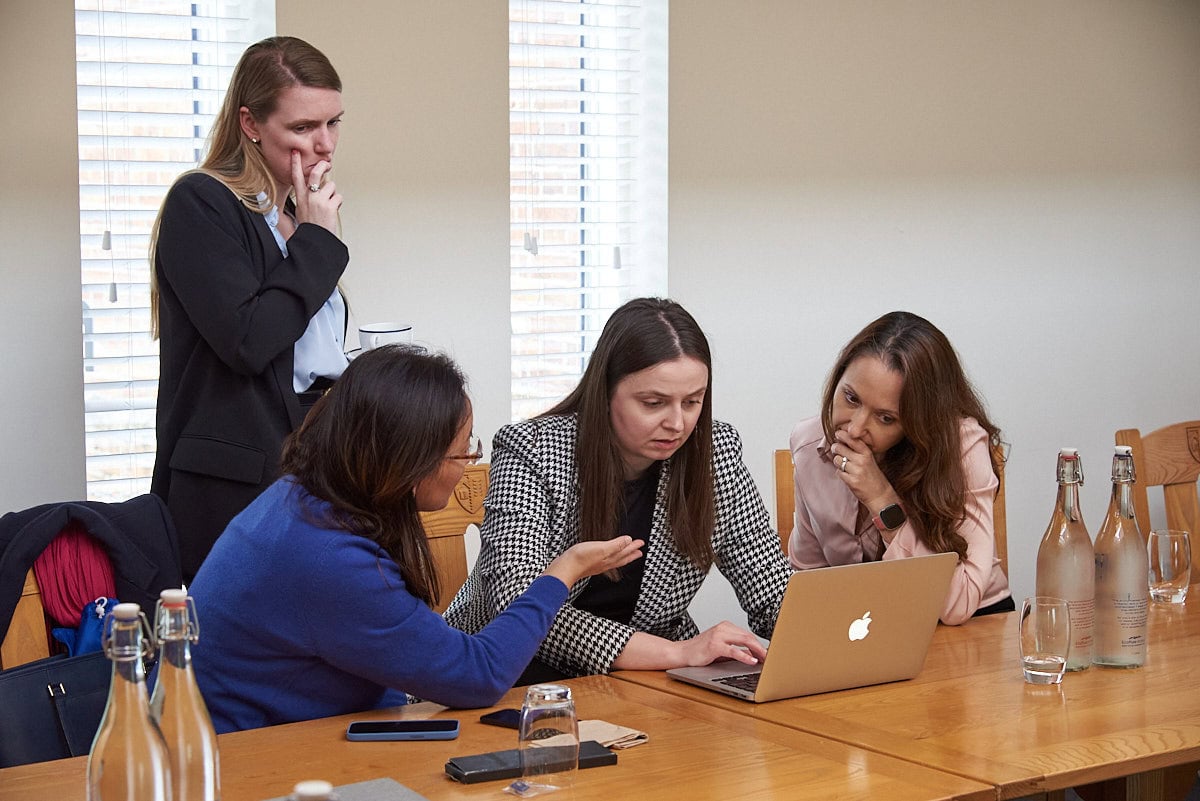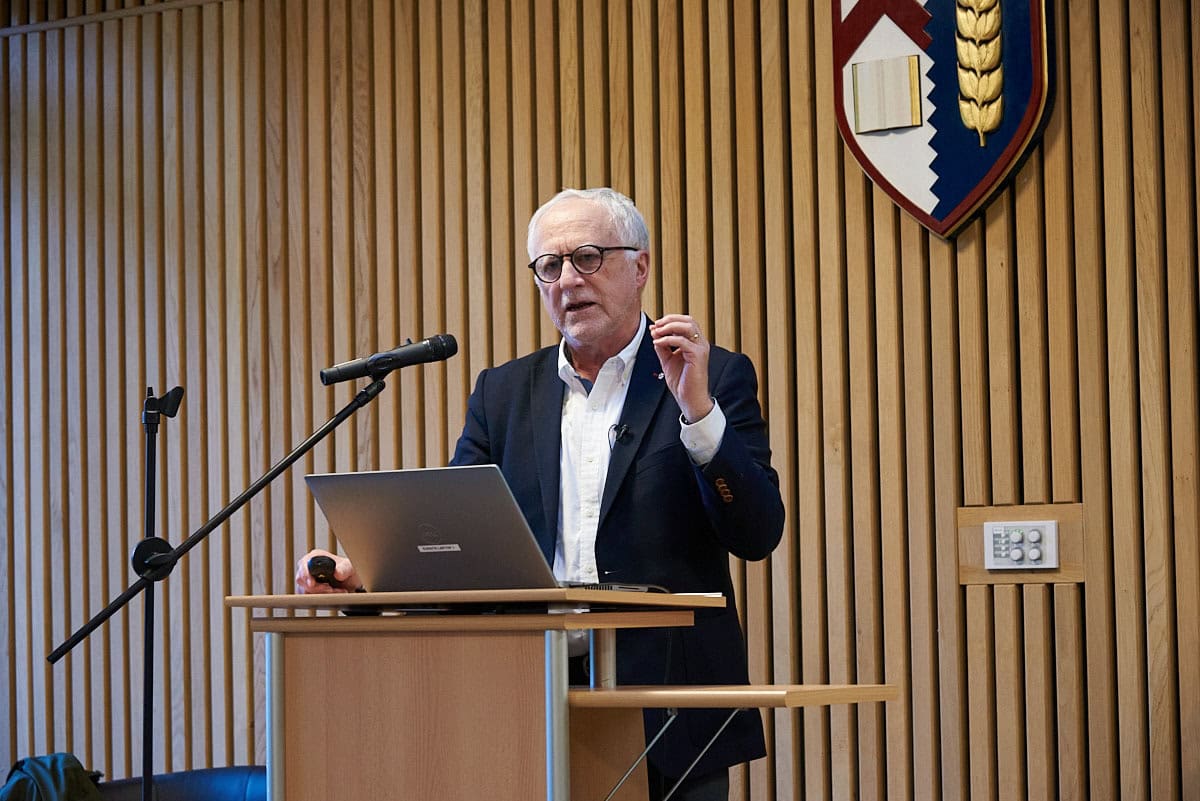New programme launched to build evidence-based solutions to global pandemics
Members of the Pandemic EVIDENCE Collaboration met face to face for the first time at Kellogg last month to officially launch the programme and affirm its purpose for the next three years. Founding Members include Kellogg Fellows Professor Carl Heneghan and Dr Annette Plüddemann.

The Collaboration aims to enable research to respond rapidly to pandemics. They strive to achieve this by creating ‘oven-ready’ research protocols that can quickly be turned into research projects during the early phases of pandemics. The project also seeks to foster collaboration between researchers and decision-making bodies, so that effective evidence-based strategies can inform policy.
A central aim of the Collaboration is to generate high-quality evidence for Non-Pharmacological Interventions (NPIs). Their recent work has found that many interventions are poorly described, and finding definitive classifications of NPIs is challenging. It has also highlighted the need to organise interconnected pillars of activity. By cross-cutting intersecting themes into one of three pillars, the Collaboration hopes to find ways that evidence-based NPIs can be used effectively in global pandemics.

This project is funded by The McCall MacBain Foundation, which supports finding evidence-based strategies to improve health, wellbeing, and the natural environment globally. Its Fellowships are designed to enable early-career researchers such as postgraduate trainees, and Post-Doctoral Fellows. Meet the Founding Evidence Informed Fellows.
The Pandemic EVIDENCE Collaboration is running an International Conference in Alberta, Canada from 14-16 May next year. This aims to improve the use of evidence for NPIs during public health emergencies.
You can also view the video from their most recent event here where Professor Sunetra Gupta and Professor John Conly emphasised the importance of modelling studies and randomised trials in pandemic research.
